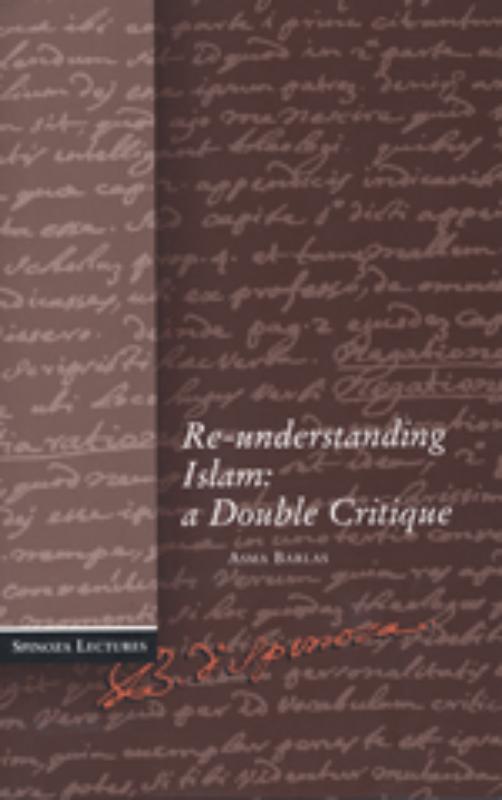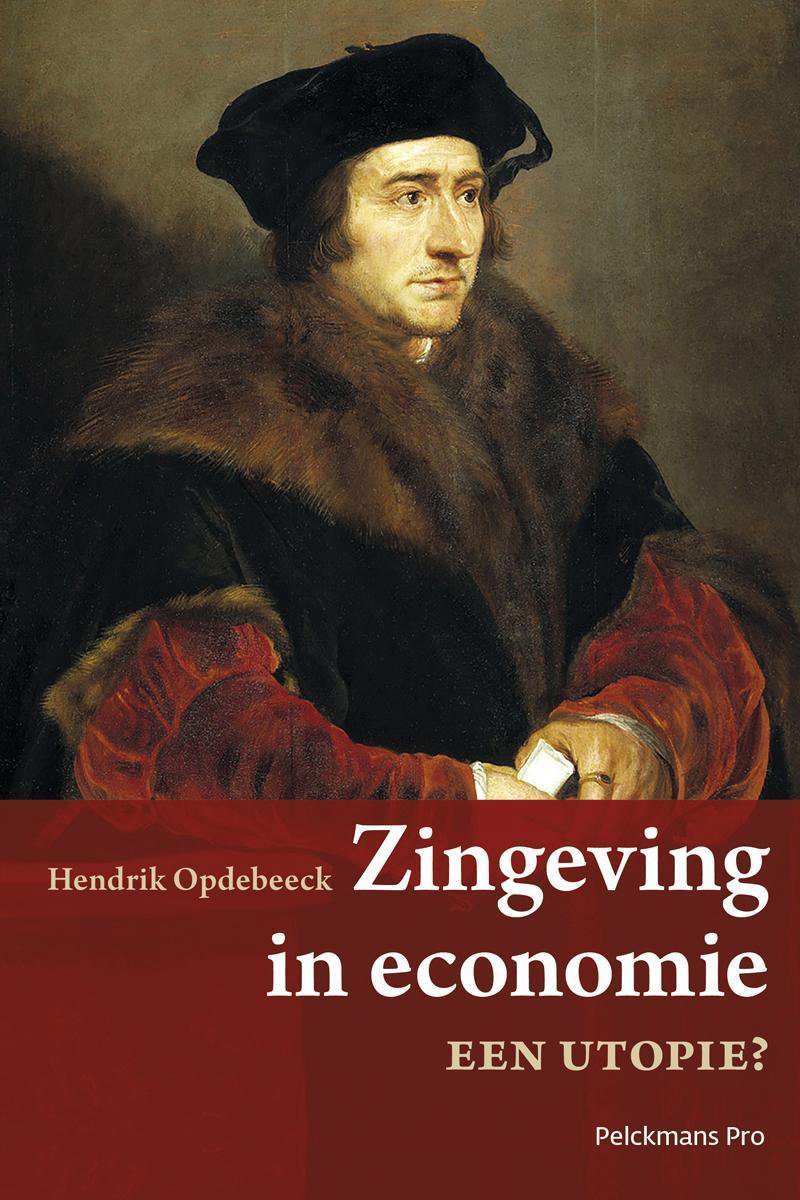Re-understanding Islam: A Double Critique / Spinoza lectures
Maak tweedehands je eerste keus
- Alle boeken zijn met de hand gecontroleerd
- 30 dagen retourgarantie
- Gratis verzending vanaf 4 boeken of 40 euro
- Op werkdagen voor 15:00 besteld, dezelfde dag verzonden
nog 1 op voorraad
15,60

Re-understanding Islam: A Double Critique / Spinoza lectures
Als nieuw
ISBN
9789023244585
Bindwijze
Paperback
Taal
Engels
Auteur
Uitgeverij
Gorcum b.v., Koninklijke Van
Jaar van uitgifte
2008
Waar gaat het over?
Lees verder
Recensies


